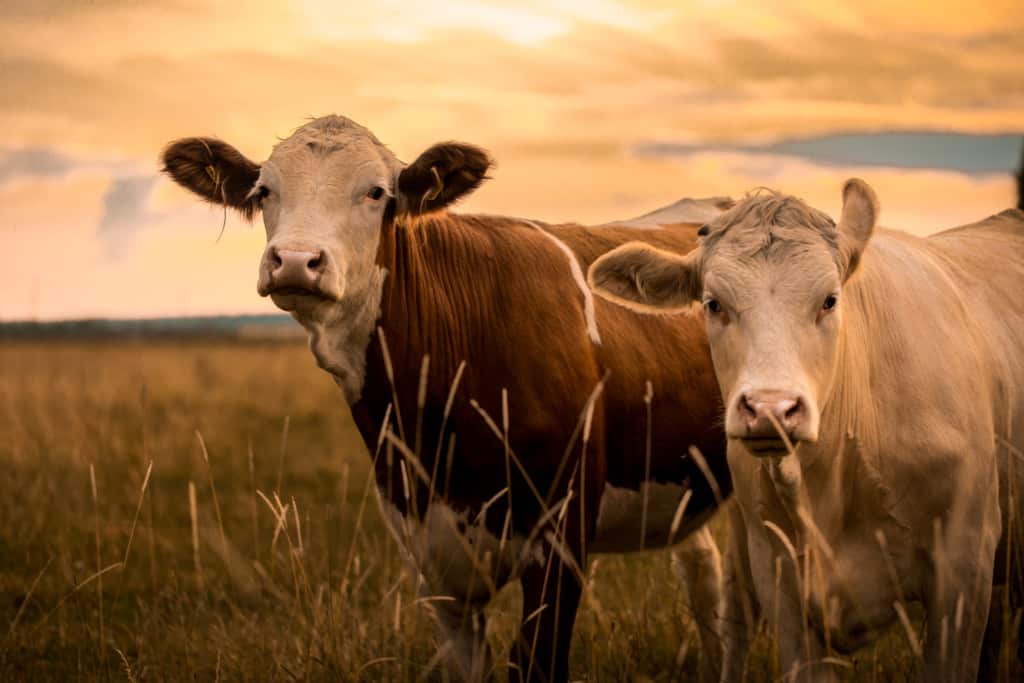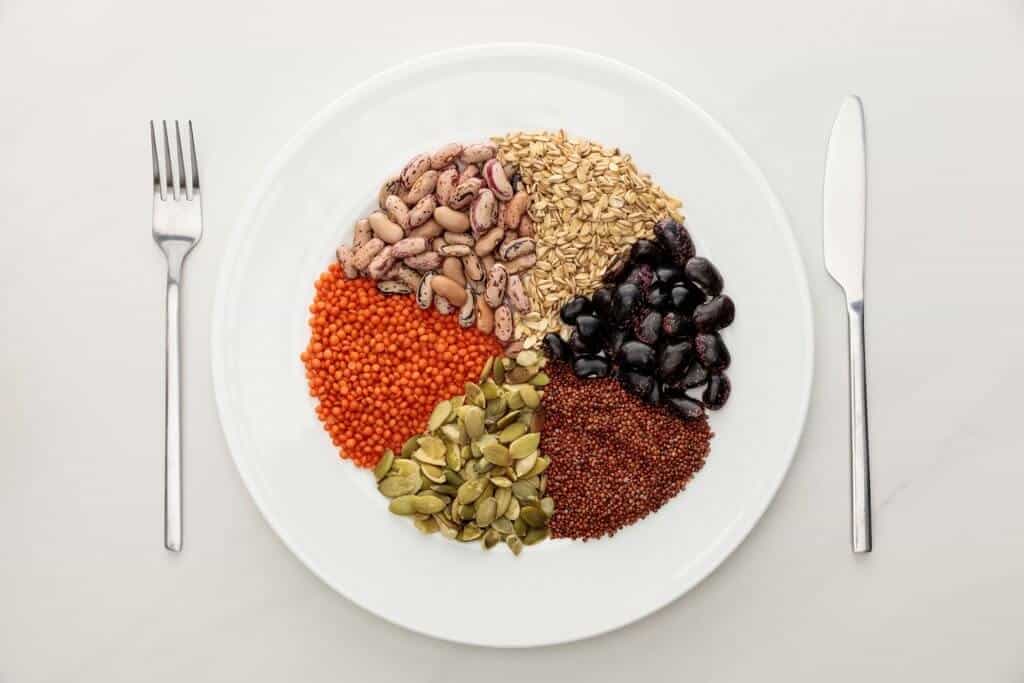A study published in the journal Nature Food has analysed the potential impact of the largely plant-based planetary health diet on European food security.
There are increasing concerns about food resilience in Europe and worldwide, following supply chain issues caused by extreme weather, COVID-19, and the Russia-Ukraine conflict. This has led to a significant spike in the price of food and fertilisers.
The study argues that this problem is exacerbated by the consumption of animal products in Europe, which is significantly higher than is recommended for environmental and health reasons. Large quantities of imported grain are used to feed farmed animals rather than humans, which is said to be an inefficient use of resources.

Far-reaching impact
According to the researchers, a large proportion of crops would be spared if all EU countries and the UK adopted the planetary health diet. This would likely be almost enough to compensate for the deficit caused by the conflict in Ukraine. Reduced demand could help to lower prices, and could also reduce EU and UK fertiliser use by as much as 23.4%.
The agricultural land spared could then be returned to nature, which would in turn lead to a significant reduction in emissions and blue water consumption. The study notes that in many countries, such as the UK, agriculture already occupies a very high percentage of land and there is little scope to improve food security by increasing the amount of farmland.
The researchers believe that factors such as cultural norms, expense, and lack of education about healthy eating could prove to be barriers to the adoption of the planetary health diet. However, even a 20% reduction in meat consumption could make a significant difference. Furthermore, the transition could also help to address biodiversity loss, antimicrobial resistance, pandemics, air and water pollution, animal welfare, and more.

“Urgent challenges”
There has already been some recognition of the role plant-based diets could play in improving the resilience of the food system. In 2019, the EU invested almost €10 million in alt proteins to address what it described as “urgent challenges in global food security”.
Cultivated meat and precision fermentation companies have also long argued that their products could improve food security, while other food producers — such as Equinom — emphasise the importance of biodiversity in building a more resilient food system.
“Relying on a narrow genetic base for nutrition makes society considerably vulnerable to risks of food scarcity,” said Equinom CEO Gil Shalev. “There are many examples of how monoculture agriculture has led to crop failures due to genetic uniformity.”





